The Lucky Country
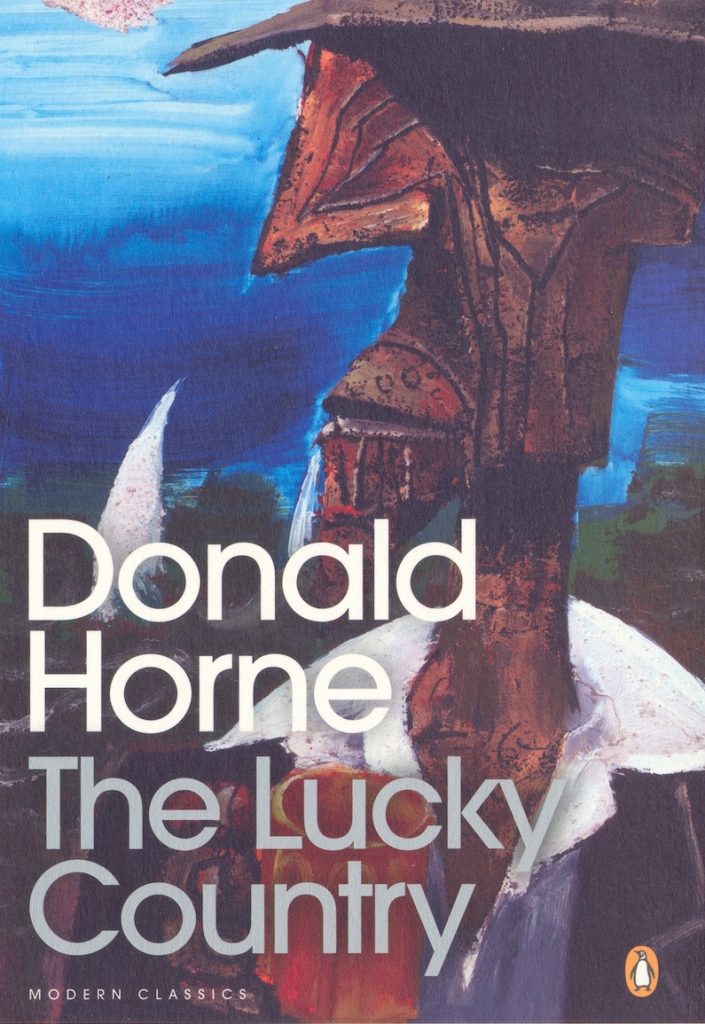 Is a book by Donald Horne and many people called Australia ‘the lucky country’. Although the term is now meant to be a favourable comment, the original context in the book was a negative statement. Horne’s book title is found in the last chapter:
Is a book by Donald Horne and many people called Australia ‘the lucky country’. Although the term is now meant to be a favourable comment, the original context in the book was a negative statement. Horne’s book title is found in the last chapter:
“Australia is a lucky country run mainly by second rate people who share its luck. It lives on other people’s ideas, and, although its ordinary people are adaptable, most of its leaders (in all fields) so lack curiosity about the events that surround them that they are often taken by surprise.”
Since publication, Horne disliked how “lucky country” has been misapplied. Apologies to Horne, as I am continuing to use “lucky country” as a term of endearment. My reason – too many Australians complain about living here. As compared to the majority of countries in the world, we are “the lucky country”.
Why I believe Australia is the lucky country
I’ve never travelled outside of Australia, to visit countries that are different from my country. However, it is to easy to Google and observe the differences between the countries. The goal isn’t to gloat, or brag, just to show to the people who complain about living in Australia – we have it easy as compared to most countries.
The lucky country #1 – wealth – top 2%
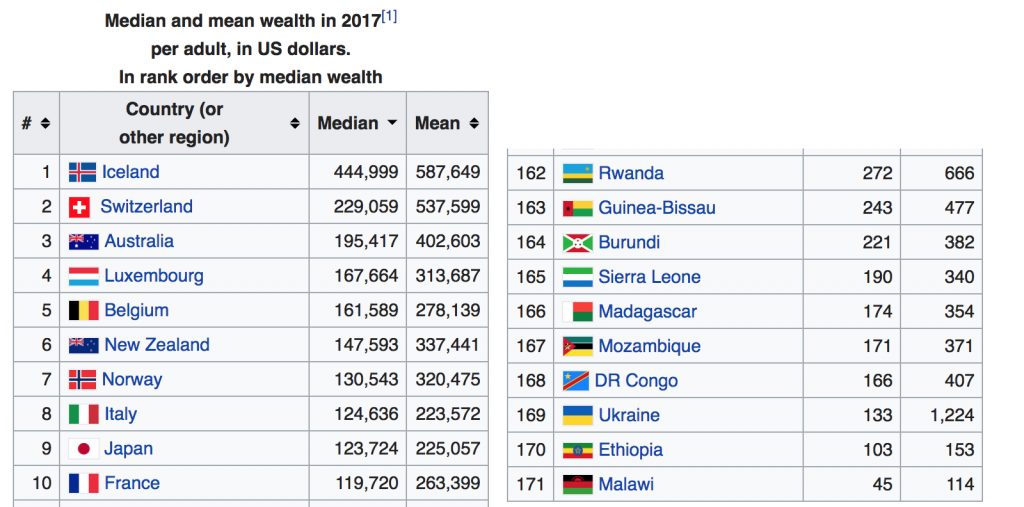
According to Wikipedia in 2017, Australia ranked 3rd out of 171 countries, for median wealth per adult. Only Iceland and Switzerland had a higher result. Half of adult Australians have personal wealth of US $195,417 or more, which is around AUS $270,000. Compare this to the bottom 10 countries in the world.
The lucky country #2 – income – top 6%
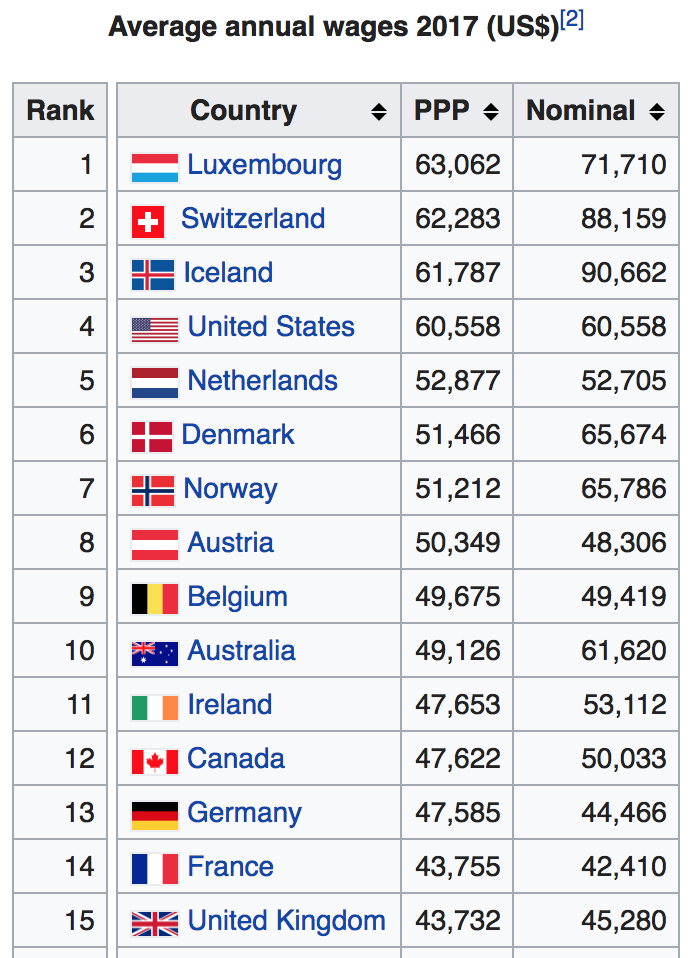 In 2017, Wikipedia reports the average Australian wage as $US 49,126, roughly $AUS 67,000. A better comparison would be via median income and the following map of the world can be viewed here.
In 2017, Wikipedia reports the average Australian wage as $US 49,126, roughly $AUS 67,000. A better comparison would be via median income and the following map of the world can be viewed here.
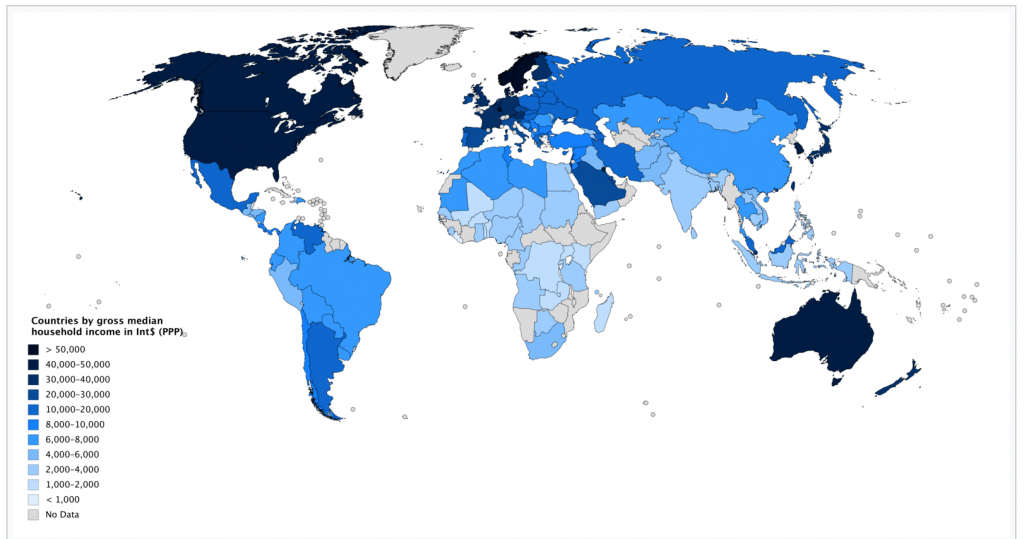
The darkest colours represent the countries with the highest median income. Australia, USA, Canada, and countries in Europe are clearly leading the world in income.
The lucky country #3 – Life Expectancy – top 4%
According to this site, the average Australian will live to age 82. Around 30 years more than the bottom 1o countries.
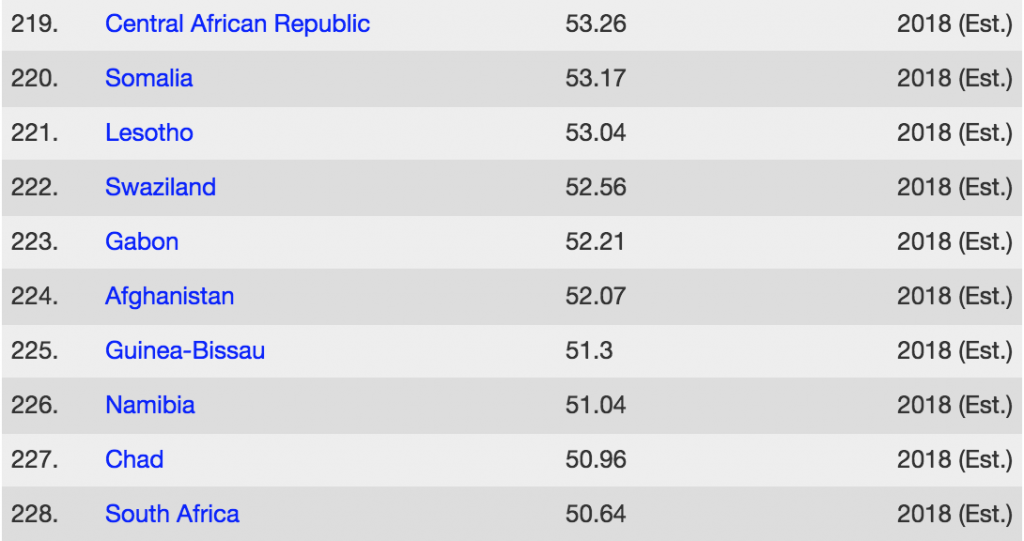
The lucky country #04 – Education – top 4%
According to the CNBC site, Australia ranks 7 in the world with the education of adults aged 25 to 64. Just over 43% have an education past secondary school. Only the USA, UK, South Korea, Israel, Japan and Canada have managed to give a tertiary education to a higher percentage of the population.
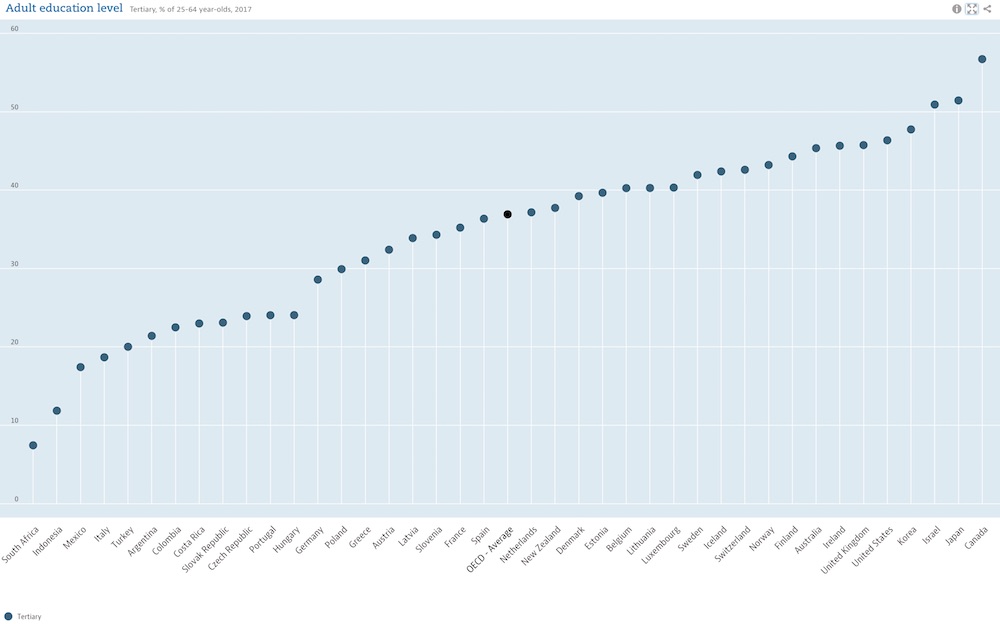
The lucky country #5 – Freedom of religion
It can be dangerous or even deadly to attend worship in many countries. The map below gives an indication of the problem worldwide. People are free to participate in the religion of their choice in Australia.
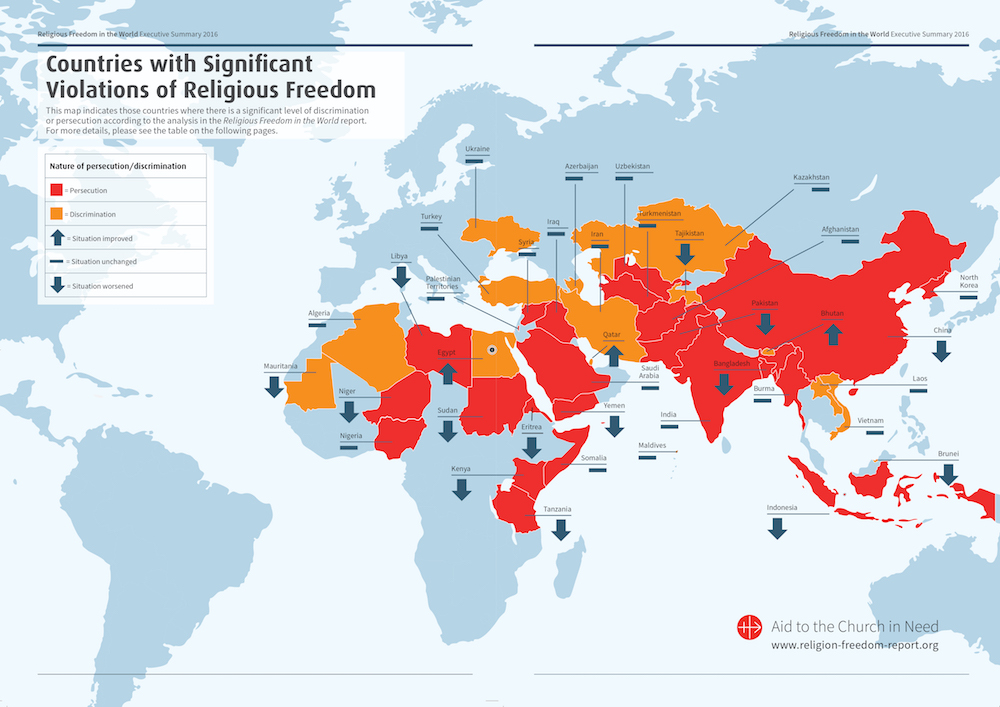
The lucky country #6 – Social Security
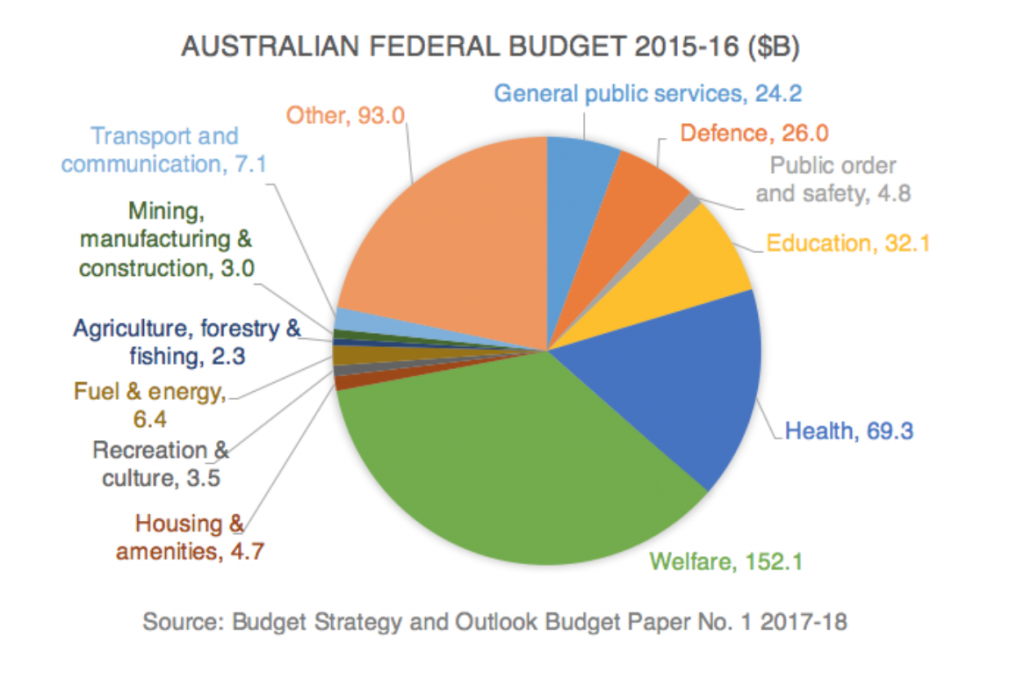
The lucky country #7 – Unemployment Rate
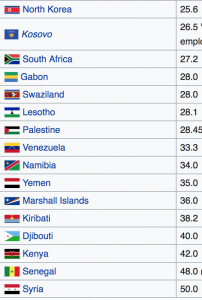 Currently, our unemployment rate sits at 5.3%. As compared to other countries, we only rank in the top one third. Unlike many other countries, we provide social security including unemployment benefits to help the unemployed.
Currently, our unemployment rate sits at 5.3%. As compared to other countries, we only rank in the top one third. Unlike many other countries, we provide social security including unemployment benefits to help the unemployed.The lucky country #8 – Universal Health Care
Universal Health Care provides health care to all citizens of the country. The majority of the countries have it, including Australia. The USA, many African and Oceanic countries do not. The following map can be found here. Currently, Australians pay a 2% tax on their assessable income to fund “Medicare”.
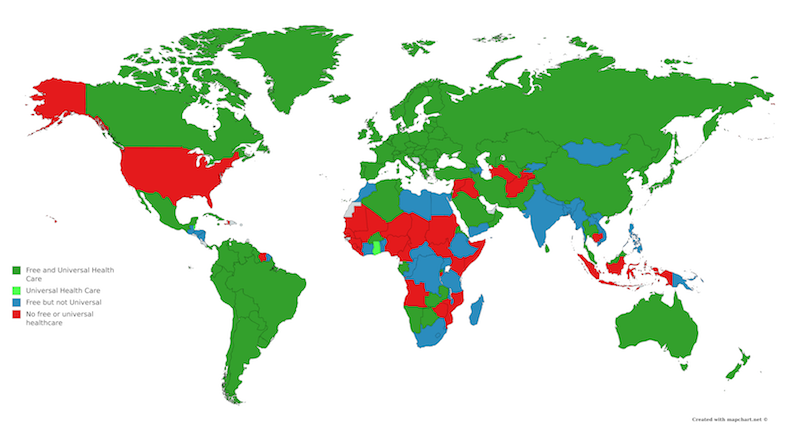
The lucky country #9 – Terrorism
According to Rediff News, in 2017 Australia ranked as midrange when it came to the effect of terrorism. Iraq, Afghanistan, Nigeria, Syria, and Pakistan were most affected.
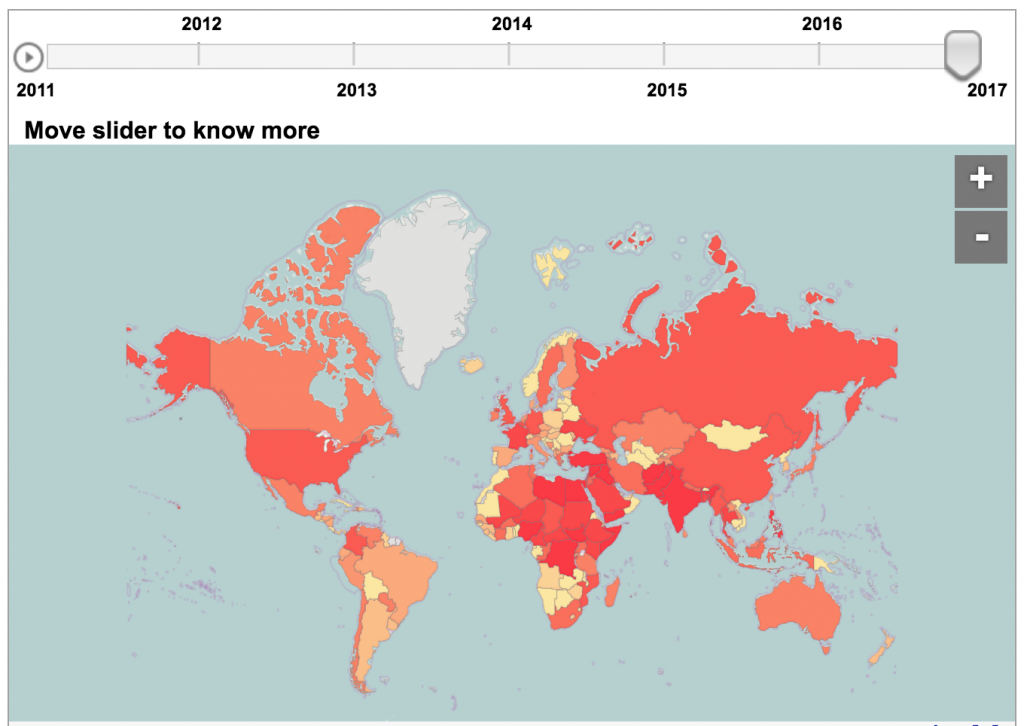
The lucky country #10 – Miscellaneous
Other items could include
- minimum wage levels
- standard working week 38.5 hours
- superannuation guarantee
- Full-time workers receive 4 weeks annual leave, sick leave, long service leave, over 10 days of public holidays
- democracy
- the weather
The list could go on
However…
There are many things which are not good in Australia or can be improved.
- House prices are high
- Some social security payments are too low, i.e. unemployment and disability benefits
- We can treat refugees better
- Racism issues – we have too many Australians that don’t seem to realise that we all came from somewhere else (including the Indigenous Australians)
- Lazy Aussies – I just have to look at the employees of certain businesses. Such as car cleaning or the taxi industry. It seems that 90% of those employed emigrated to Australia. Those born in Australia either don’t want this work or believe it doesn’t pay enough
